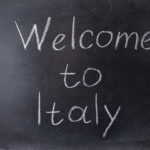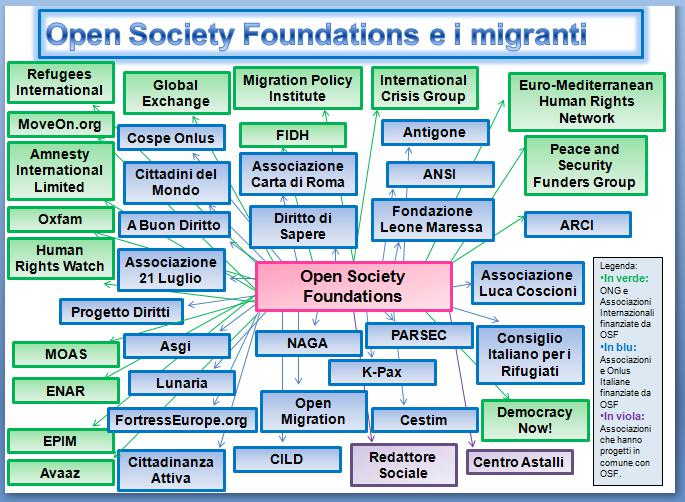The United States is signaling that it is going to limit its military presence in countries far away. Maybe Donald Trump listened to those realists who have suggested for a long time that America can uphold its superpower status only if it focuses on offshore balancing strategy. No matter what the intentions really are, the US government’s declarations result in redefining foreign policies of Asian states. The limitation of American presence changes the regional distribution of power, and forces other actors to assess their alliances and to search for new partners who might be an asset in case of conflict.
Changes in the balance of power in Asia
Until the US leaves Asia, the balance is preserved. The limitation of involvement suggested by Washington results in a search for new allies by all states in the region in order to level the capabilities. America’s withdrawal gives new opportunities to China, which can extend its sphere of influence and endanger Russia and India. However, the military threat won’t appear instantly. We’ll probably witness an increase in economic penetration. The economic imperialism resulting in power maximization may be the indicator of growing revisionism understood as a policy aimed at bringing down the actual status quo in Asia and establishing a new order. Continue reading
















